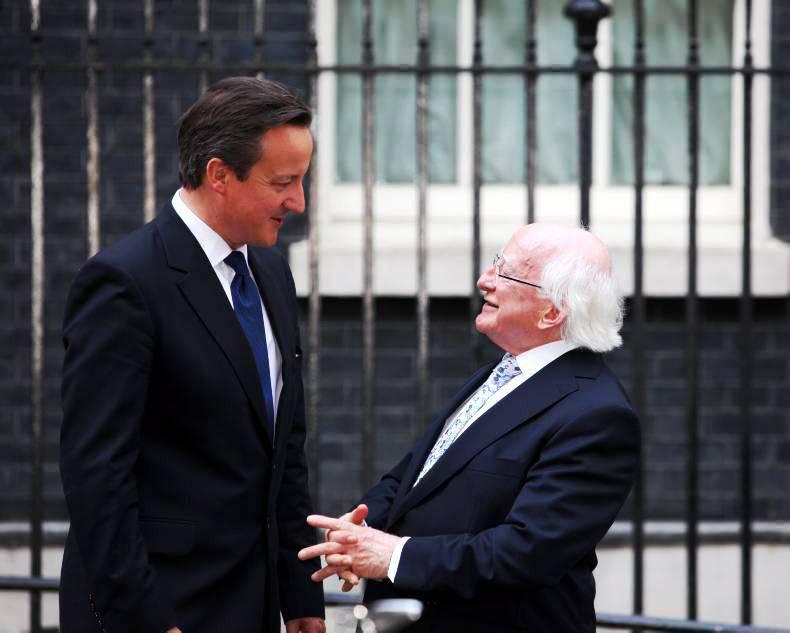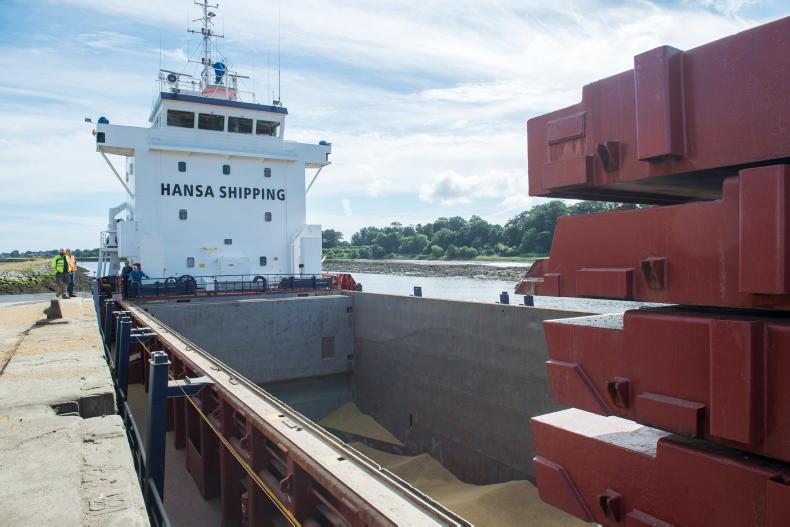With the UK government expected to deliver on an election promise to hold a referendum on EU membership, the ESRI examined the potential fallout in the report Scoping the Possible Economic Implications of Brexit on Ireland published on Thursday.
The study forecasts an estimated 20% average drop in trade with our nearest neighbour, but warns that “the impact would differ significantly across sectors”.
Food, beverages and tobacco alone account for more than 25% of Ireland’s exports to the UK – the largest category of products. In turn, the UK represents nearly 40% of our exports of unprocessed agricultural, forestry and fishing products, and one third of Irish food exports. The UK is by far the largest market for Ireland’s meat trade.
The ESRI warns such concentrated trade flows carry the risk that “narrowly applied trade barriers could have very significant implications. The UK market is particularly important for some sectors such as agriculture, food and textiles, which have been found to benefit particularly from free trade through EU memberships, which suggests that these may be particularly exposed to the negative impacts of Brexit.”
The potential consequences include “downard pressure on prices”, not to mention difficulties in trade between the Republic and Northern Ireland, as well as barriers to cross-border investment.
Reacting to the ESRI report, IFA president Eddie Downey said: “Based on our overall agri export performance of €10.5bn in 2014, a 20% loss in trade as a result of Britain exiting would be almost €1bn.”
He called on the Government to take a proactive role in ensuring the strong trade links between both countries are fully maintained in the event of a Brexit, adding that the IFA would “continue to work closely with farmer representatives and food buyers in Britain to maintain the solid bond that exists”.
Energy supplies
With diesel and natural gas the top two imports from the UK and many of Ireland’s energy reserves stored there, the ESRI also highlights the risks a Brexit scenario would pose to fuel supplies.
“If the UK left the EU, it would no longer be subject to EU regulatory measures to deal with a possible crisis situation in the case of a gas or oil shortage. Ireland would then have to consider how best to provide protection from very unlikely, but potentially catastrophic outcomes,” the study found.










SHARING OPTIONS